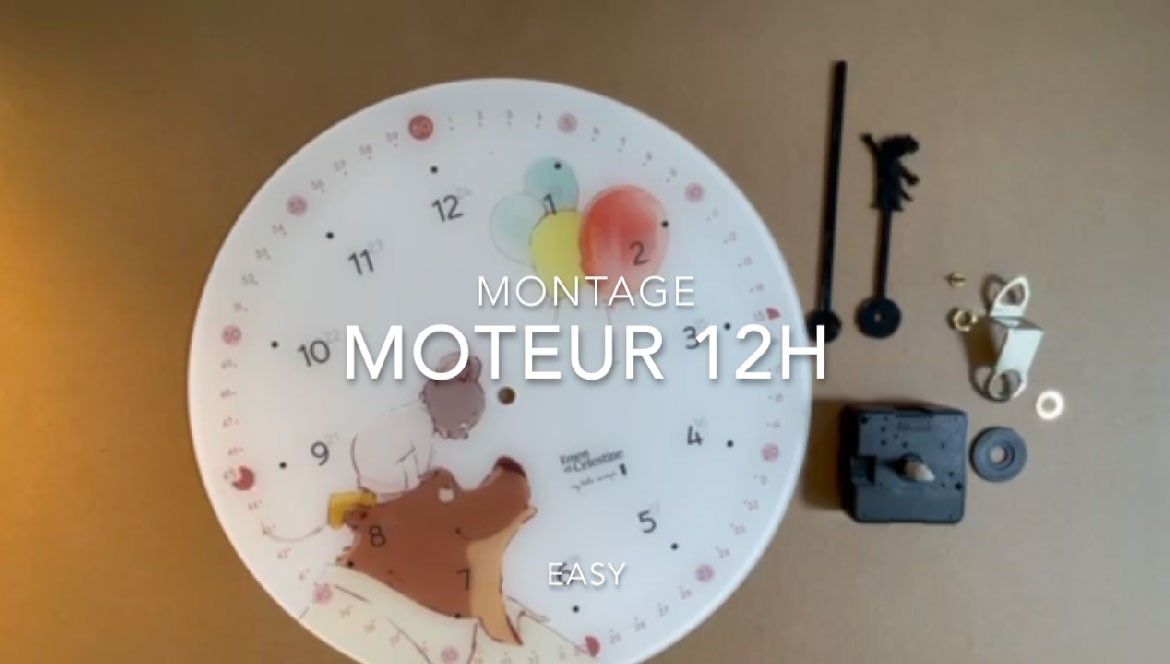Surviving those difficult nights: infant sleep.

Falling asleep, sleep cycles, broken nights... Rest assured, one day your children will sleep so well that you'll no longer fear making noise for sake of waking them up! In the meantime, here are my tips from a mom of three little ones to help you survive these challenging nights.
Infant Sleep: How to Survive Those Challenging Nights
Have you become an expert over the past few weeks on these keywords?:
• baby settling
• infant sleep cycles
• child sleep phases
• sleep disorders
• good bedtime habits
• etc...
Don't move, you've simply become... new parents.
Rest assured, one day your children will sleep so well that you won't even worry about turning on the lights, flushing the toilet, or starting a laundry load right after they've fallen asleep.
In the meantime, before you get there, how do you manage the little ones' sleep—and especially YOUR OWN—when baby seems to wake up at every breath, every sound, or every movement you make, and their nights are limited to 4-6 hour stretches at best?
You should know that this is the case for most parents; you are far from being alone. Honestly, sleep deprivation is simply THE hardest thing to deal with when you become a parent.
So, here we go—I'm sharing with you my tips and my experiences as a mother of three young girls.
Personally, I used to be a real sleeper. But let's be honest, the "9 hours of straight sleep" mode is quickly challenged. Looking back at my own experience, I'd say that for each of my daughters, I didn't get back to real full nights (for more than 10 days in a row) until they were all past 2-3 years old. Yes, it's long; it took patience and respecting their needs to now see them falling asleep alone and sleeping through the night.
Before that, when we were breastfeeding, nights were fragmented and I could only get, say, 3-4 hour stretches. It is very exhausting—mentally, nervously, and physically. Having had 3 children in 3 and a half years, this period felt endless. But fortunately, full nights eventually became part of our daily life again.
Sleep: As essential as breathing, eating, and drinking water
When we don't sleep, or sleep poorly, out come the suitcases of grumpiness, tears, loss of control, and frowns. It's the same for little ones. They need sleep to allow their brain to rest and develop, their body to grow (we really do grow at night!), and their parents to rest (definitely the most important point, right?).
Our babies are "heavy sleepers." This phrase always made me laugh. I often thought my children were the only beings on this planet who never slept! But by actually timing it, I realized they were clocking in over 13 to 20 hours of sleep per day. The problem is that their sleep is fragmented and doesn't always match ours.
Restorative sleep phases
During alternating sleep phases, we don't recover the same way. The amount of deep sleep is crucial because it is highly regenerative. For parents of young children, reaching deep sleep is like winning the national lottery.
To recover, you must isolate yourself. Try to do this at least once a week in a quiet place where you won't hear the baby. This "luxury" moment allows your brain to rest. Earplugs will become your best friends.
Little ones don't naturally distinguish between Day and Night. It's up to you, as parents, to gradually help them understand that daytime is for activity and food, and nighttime is for "losing the wifi" and a long fast.
Adapting the environment to meal times
Infants need to eat at night; that's normal. But it's up to you to make nighttime feedings different from daytime ones.
Avoid bright lights, stay quiet, and speak in a whisper. This isn't the time for stories or play. Don't forget the burp, but avoid changing the diaper unless strictly necessary to avoid overstimulating the baby.
For daytime meals, go for it: bright light, background noise, and interaction. Make the moment interesting.
Adapting the environment to nap times
Daytime naps can happen in a different bed with dimmed daylight rather than total darkness. Continue living normally: a light background noise indicates it's an active period. At night, however, aim for total darkness and silence.
Bedtime rituals
A bedtime ritual should be clearly identifiable. Bring out the "big guns": bedtime stories, preparing toys, cuddles... Create a serene and secure framework to show that the night is soft. Eliminate screens and intense lights just before bed.
If baby continues to call for you at night when everything is fine (clean diaper, not hungry), sometimes you have to learn to trust them and let them soothe themselves for a few minutes. Learning to tell the difference between "calling" cries and "distress" cries is essential.
Learning to sleep takes patience. By establishing a clear and reassuring routine, you will help them. We all go through this, so take heart—you are not alone!
Need help establishing a peaceful routine?
Discover our routine clocks



